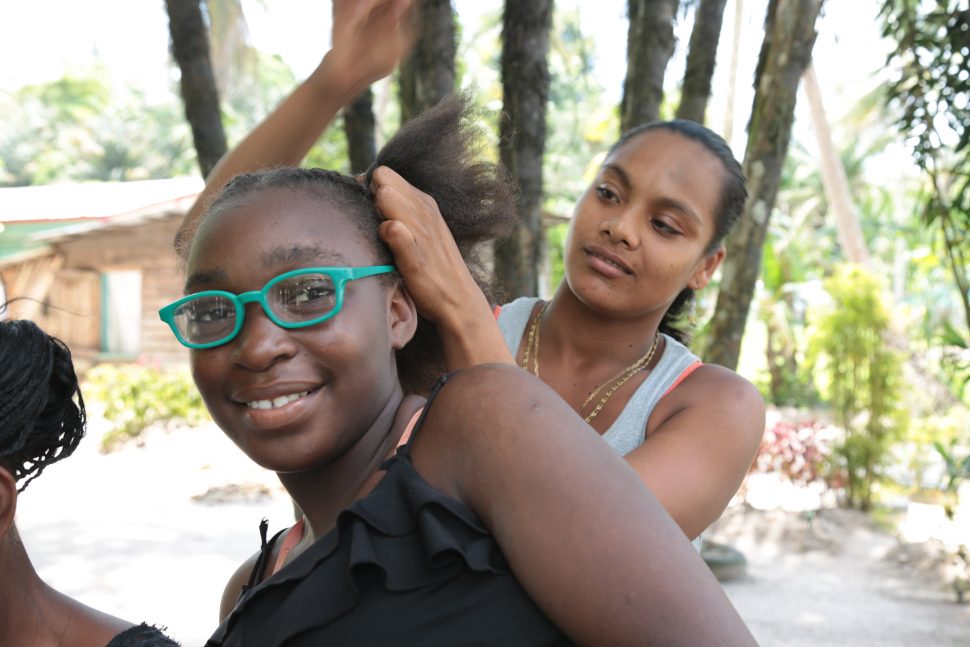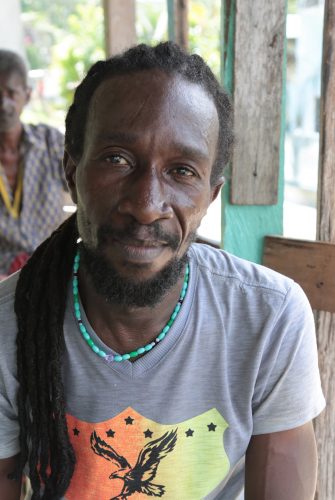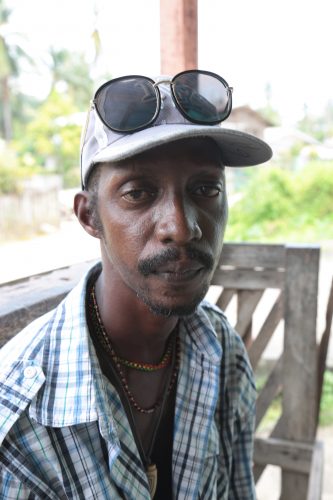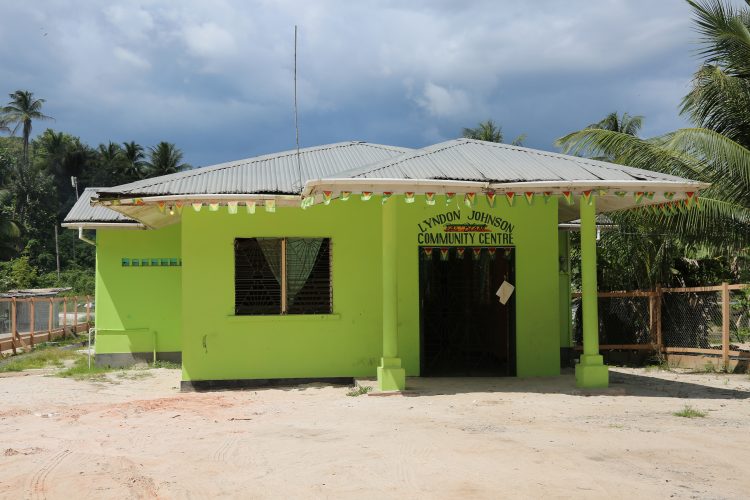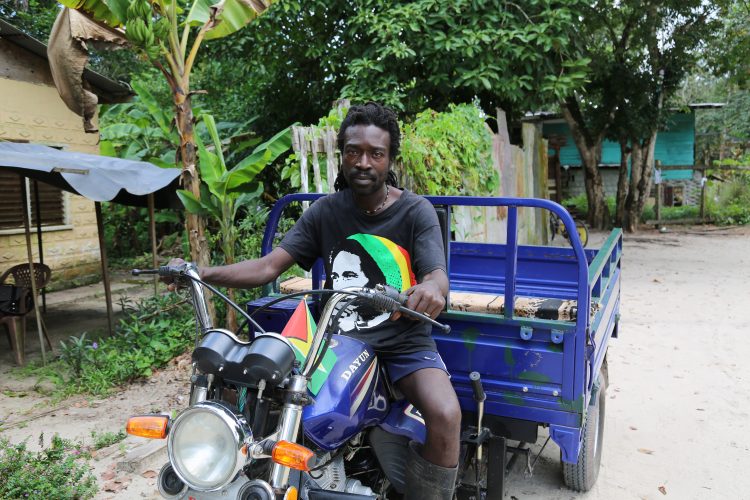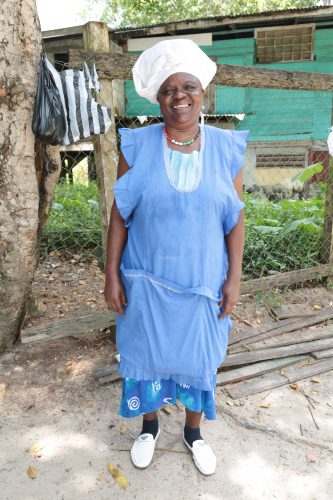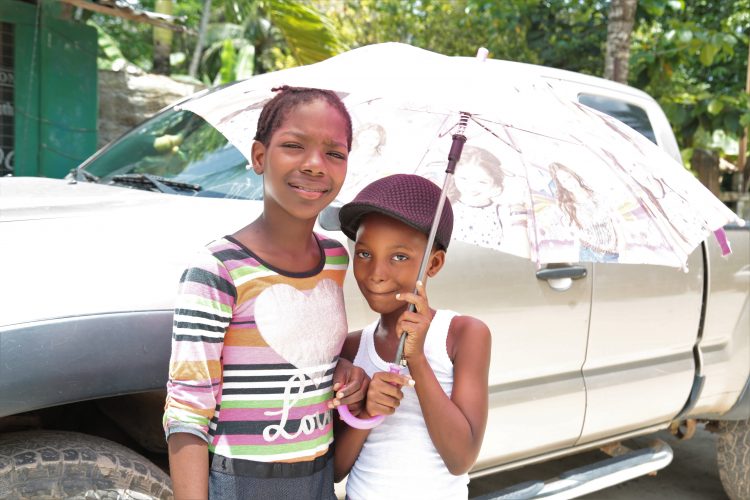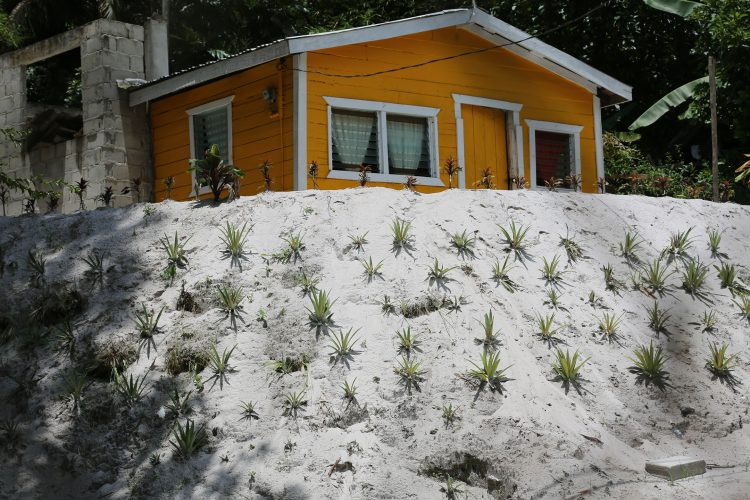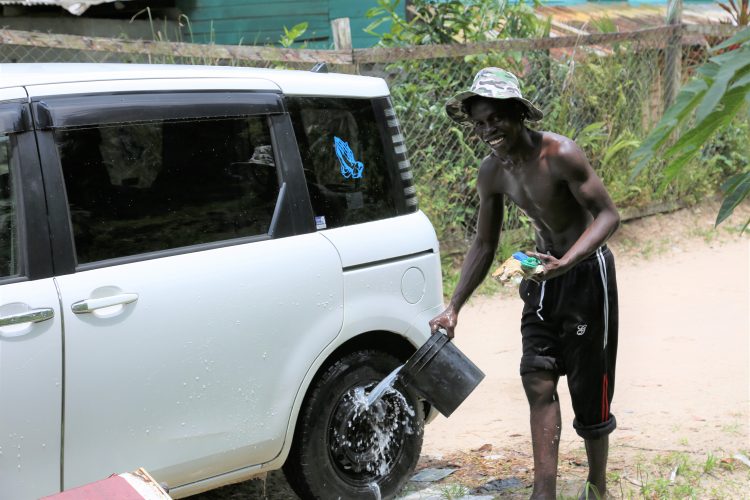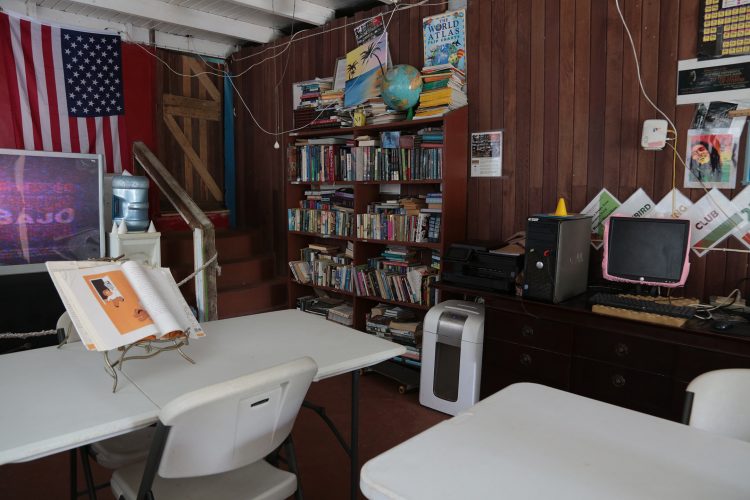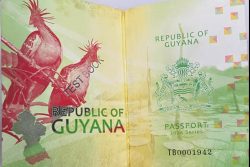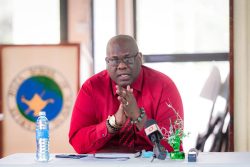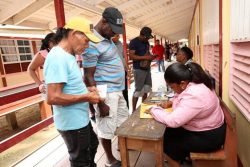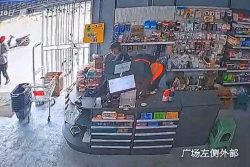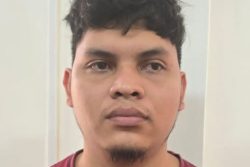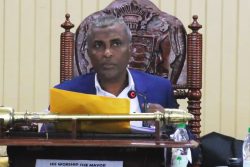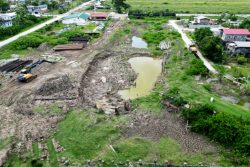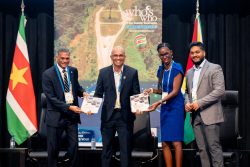Among the hills on Wismar shore, Linden, lies the village of Victory Valley, home to a population of approximately 2,000 people. The village is certainly in a world of its own.
To find the village, one must go along Burnham Drive (the main road in Wismar) then take the access road marked Silver City, which runs through Silver City Village and leads into Victory Valley. There are no hire cars or buses on this route; residents use other means of transportation or walk.
Victory Valley, which was said to have existed since the 1950s, was first referred to as ‘Valley of Tears’ owing to the village being considered a swamp as it was surrounded by hills from where springs ran down into the village. Because of the water, the village was said to be always crying. Back then, the people living there were asked to move, because the area constantly eroded. Some of them did so, settling in Block Twenty Two, while several others fought to stay. Linden Forbes Burnham, who later became Prime Minister, represented those who chose to stay; he was a lawyer. He won them the right to stay in the village and they changed the name of the village to Victory Valley.
Ironsi Roberts, a native of the village, is a farmer. He plants banana, plantain, eddo and rears pigs. Agriculture is one of the main economic activities; residents farm almost every bit of soil in their yards and on vacant lots. In some places, there is not much land left to walk on.
Roberts’ parents were not strict farmers like he is. His father once served as a bodyguard of Hamilton Green while his mother was a teacher at St Aiden’s Primary School (which he once attended) before becoming the matron at the Guyana School of Agriculture.
“In the valley you don’t have a lot of traffic; vehicles don’t be passing up and down. Children can walk the road. In this area, the birds does wake you up. You can tell the time of day listening to them. A particular bird, the Hanaqua, would give off a sound before the place get bright,” he shared.
The man further said that in the early years, the village had experienced a landslide and erosion in places. Though it does not flood as much as before, he said that persons in the lower parts of the valley would experience flooding from time to time. One particular house that I passed had a bottom flat that was at a lower level than the road; it was under water.
Roberts noted also that though a large percentage of residents wear their hair in dreadlocks, not all of them follow the Rastafarian religion.
Twice a year, the Neighbourhood Democratic Council employs 25 men, including him, to clean the drains in the area, but Roberts said better drainage is needed. At other times he would use his motor vehicle for hires whenever the opportunity arises.
At the point where the road stopped and the farms ran on, I assumed that no one was living beyond there, but Roberts pointed out that tracks through the farms lead to other houses. He added that ironically, Victory Valley has dwellings in the hills also.
I passed a young man with a pile of dirty laundry and detergent on a bridge across a stream where clear water was running; he was about to do some washing.
The Assemblies of God Church in the village resounded with songs of praise.
Colin Canterbury hails from Philippi, Corentyne. He was a little boy when his parents travelled to Linden in search of work. His father worked at the then Linden Mining Company (Linmine).
“The place has really developed. You couldn’t drive in here or walk in here; it was slush whenever it flooded. We used to use fridge tops as boats to get to school,” Canterbury said. He attended St Aiden’s Primary, which was at the time situated on Burnham Drive. The school is now located in Blueberry Hill.
Canterbury is a small-scale farmer. He plants eddo and plantain and does odd jobs in the community.
He advocated for better roads, streetlights and for the area to have more jobs for the people of Victory Valley.
Anthony Roberts (brother of Ironsi) was on his way back from the ball field in the village when we met. Every day the men would catch a game at the ground but because it was already the midday hour he was headed home. He is the chairman and a councillor for Victory Valley. Like his brother, Anthony was born in the village.
The man shared that a large percentage of those who live in the village arrived to work at Linmine, which is now being run by Bosai Minerals Group, a China-based company. Today, however, many of the persons find themselves in the interior mining gold or in farming. A few have become teachers, nurses, police officers and soldiers.
Anthony boasted that Victory Valley has produced a number of prominent persons in sports. “There is Terrence Alli, Conrad Wilson [boxers]; Ezekiel Hinds [wrestler], Shantoba Bright – our national broad jumper who is currently on a scholarship in Texas. There is also Zirah Jeffrey; recently she and Shantoba brought back four medals of the nine that came back to Guyana – a gold, a silver and two bronze. This was at the last junior CARIFTA games where Shantoba brought back the only gold and silver medals for Guyana. Then we have some national football players who belong to the valley – Harold Adams and Chris Williams. There’s also ‘Clathy’….I can’t remember his right name. We also have Orin Fanfair – he is a distance runner,” he boasted.
Speaking on the community, he noted that outsiders are easily seen as intruders and explained, “We have a collective security here. Everybody look out for each other. We might not be on terms but let an intruder come in here and see how much we gon [agree].”
The man further said that the village was once notorious for gangs but that has changed and there are churches in the village now. Victory Valley has a community centre that also serves the neighbouring community Silver City. Recently a computer hub was set up. It is open on weekdays from three or four in the afternoons. Children benefit from the use of the computer and the internet. A teacher offers children lessons on Fridays and Sundays.
He went on, “We are being discriminated a lot by the region. As of lately Minister [Simona] Broomes was here. I highlighted the problems we’re having in the valley. The minister got on board with us and saw that we had access bridges across the creek. We know the government can’t do the road right now, but Linden has… overburden and all we need is fuel and transportation. The problem is not with the government, it is about how the region treating the people of the valley. The chairman of the region is being vindictive to us. Since he became chairman he can’t come visit the valley. The government provided the bridges, the computer hub and 12 new street lights. [President David] Granger gave the region funds to take care of the depressed areas and they not using it properly. We need our roads and land titles. Everybody here is squatters; we don’t have titles or lease.”
According to him, should Victory Valley start developing, people can have hopes of going to the banks and taking loans to make their homes nicer. It is also his hope that the village is given a vocational training centre, where youth can be equipped with necessary skills. “We’d really appreciate that,” he said.
A shopkeeper (no name given) took me to a small library. The founder of the library, Donette Austin, lives abroad and the shopkeeper is her brother. The library was founded in 2013. It opens every day from 3 pm to 5.30 pm and on weekends from 9 am. Teachers give lessons in the building also. The man noted that children are allowed to use the internet for research. The library also provides printing and photocopying services.
One thing that marred my visit to Victory Valley was the unfriendly behaviour of a group of five men who were standing at a shop and who hurled obscenities when the reason for my presence was explained. They appeared to be under the influence. However, when I passed back with Ironsi Roberts, they were less unfriendly, though they did mutter something.
At another shop, a group of youths appeared to be using marijuana and another substance and a few of them explained that it was the routine life of the community and that we needed to understand that was what the “ghetto” was like.
At another place in the village, a small group of men and women sat chatting. One of the men called me over to take a photo and then insisted that I take photos of his finely chopped marijuana sitting on the end of the bench, as he proudly he boasted about the herb. I declined.
